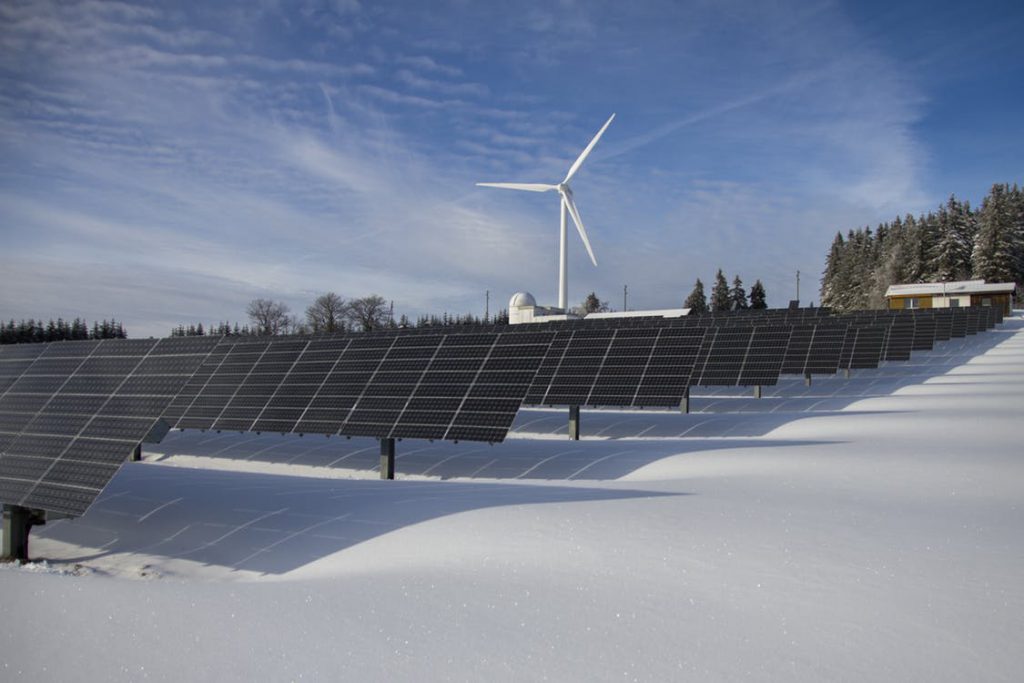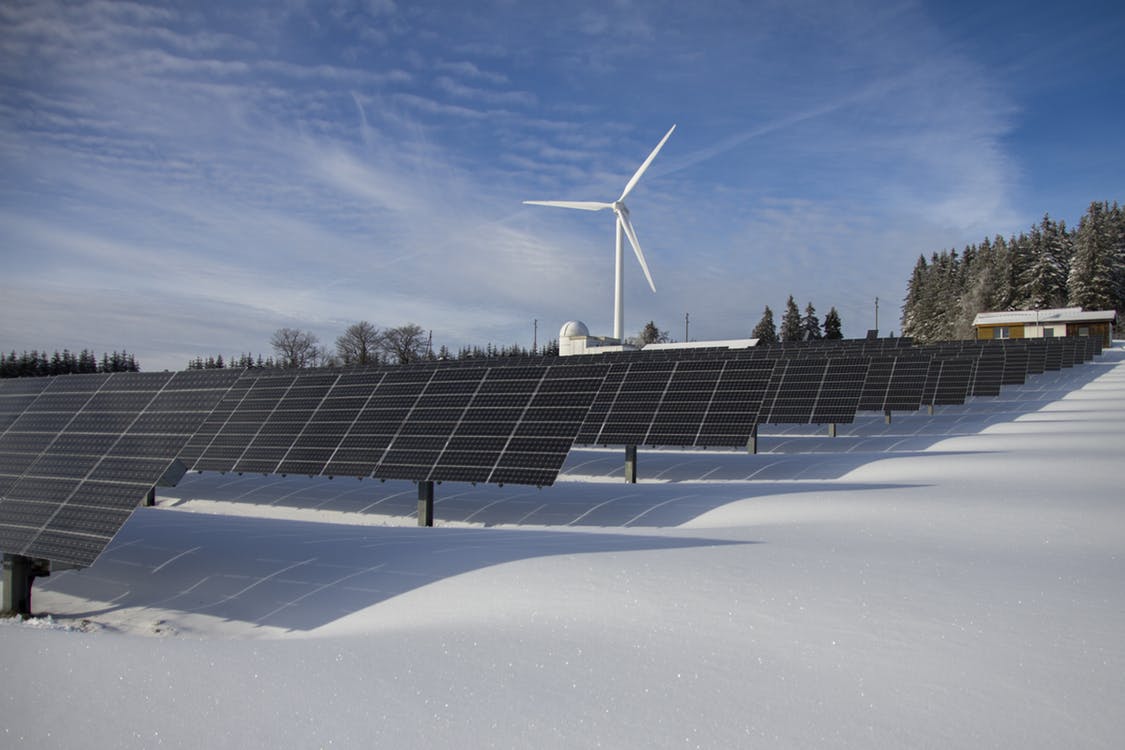In case you’ve missed it – and jealousy abounds if you have – it’s political party conference season in the UK. Because if there’s one thing this country hasn’t had enough of over the past year, it’s politics.
For the uninitiated or readers outside of the UK, late September and early October usually sees parliament prorogued for political machinations the country’s political parties to gather and settle their agendas for the forthcoming year. The Conservatives, Labour and Liberal Democrats have all now taken to the stage, with clean energy playing a pivotal role.
First up were the Liberal Democrats, whose conference was in Bournemouth this year. Climate has long been a strong consideration within Lib Dem policy making and this year is no different, even if the party is going for a distinctly vintage feel this year.
Having lost out to Jo Swinson for the leadership, Sir Ed Davey is the party’s shadow energy minister a little over four years after he last served as the country’s energy secretary as part of the Tory/Lib Dem coalition government. So it’s of little surprise then that the Lib Dems are inclined to reinstate a specific department for climate change. Perhaps Ed feels there’s some unfinished business there.

The Lib Dems, whose membership play a central, voting role in policy making, have also endorsed a more ambitious net zero policy than the status quo. The party passed a motion to bring the date forward to 2045 “at the latest”, with interim targets for a 75% reduction by 2030 and 93% by 2040.
But that target is, in effect, only the tip of an ever-decreasing iceberg. The party goes into real detail within its motion, which can be seen in full here. Its power proposals are specific and progressive, perhaps the most complete of all three major parties. It calls for 80% of electricity generation to derive from renewables sources by 2030, a commitment to develop smart grids, energy storage and interconnectors, a requirement for all new homes to be fitted with solar panels and a ban on the sale of ICE vehicles to come into effect in 2030.
The ambition and detail underpinning the Lib Dem climate strategy is unquestionably promising amidst the dearth elsewhere, but it shouldn’t be surprising. Under the Clegg/Cameron coalition, the Department of Energy and Climate Change was very much Lib Dem territory and decisions made with Davey at the helm paved the way for much of the renewables deployment seen today.
Labour, meanwhile, proposed to take things further. Huge investments in offshore wind and electric vehicle infrastructure aside, the most eye-catching development from Labour’s conference in Brighton was the approval of a net zero by 2030 target.
Read more: Current News



